Home Inspections Part IV: After the Inspection
You’re in the final stages of the home inspection process! With most inspections, this is the time where negotiations begin. No home is perfect, so there are bound to be issues that turned up during a home inspection. There are many ways to proceed, however, depending on the severity of the issues found.
If only minor or previously anticipated issues are detected, it is best to move forward with the deal as originally discussed. Not everything may be worth negotiating over, and it could just cause tension in the transaction.
If there are repairable issues that arise, asking the seller to fix the problems could be a suitable solution. If you decide to go this route, it is important to precisely document any and all repairs you would like to be made with deadlines for completion to be included in the Purchase and Sale Agreement. Once agreed upon with the seller, proof that repairs have been completed should be provided. An example of this might be a receipt from a serviceman showing work that was performed.
Another option would be to ask for a price reduction or credit back for issues found during the home inspection. While smaller issues may be able to be ignored, larger issues will need attention. As such, it is well within your rights as a buyer to request that the price you pay be adjusted to reflect the repairs you’ll have to make in the home. Once you have decided to ask for a price reduction, it is wise to bring in contractors to get an estimate for how much it will cost to make repairs. These numbers will be crucial when your real estate agent negotiates on your behalf.
Finally, there may be items found during an inspection that may warrant backing out of the deal entirely. While most problems are repairable, it may be not without great labor and expense, and you may not be up to the challenge.
Foundation Problems: A couple of small cracks may not be a big deal, but if the inspector puts a golf ball on the floor and it rolls to the other side of the room unassisted, then the house has some serious foundation issues that are best avoided by the buyer.
Mold: Surface mold in a poorly ventilated bathroom may be normal, but black mold present is a much more serious issue. Mold can cause asthma and many other serious issues, including death is exposure is continued. Mold is often also indicative of a more serious issue, such as roof leaks, cracks in the foundation, or the home’s plumbing being substandard.
Water Damage: This problem could be a sign of a much bigger problem. A stain in the basement could potentially be coming from a leak in the roof. Carefully review any water damage with your inspector and real estate agent.
Roof Problems: If the inspector says there are less than 3 years of life left in the roof of the home, you should consider the cost of the roof repair or replacement in your negotiation. Roof repairs can be costly depending on the size of the house and the type of roof you want.
Furnace Issues: If the inspector indicates an issue with the furnace, it might behoove you to have an furnace expert come and look at the item. If not repairable, it can be costly to replace. This may be something to consider when negotiating.
Vermin: A mouse trap might not be a big deal, but termites are indicative of moist and often damaged wood in the structure of the home. To get rid of termites not only includes eliminating the pests, but also replaced all damaged wood from their destruction. Evidence of other animals such as raccoons, bats, or other critters may be something you’d want to have checked out by a knowledgeable exterminator.
Electrical System Age: If the electrical system is older and features a “knob & tube” style system, you might not want to tackle bringing the home up to code. Not only would you be replacing the electrical system itself, but this will entail opening up walls in order to do so. It is especially important to be aware of the area’s code when purchasing a historic home, since certain changes might require special permissions.
Be sure to discuss the results of your home inspection carefully with the inspector who performed it and your real estate agent. Both will be able to provide guidance on what the best next steps are, whether it be moving forward, renegotiating, or backing out of the deal. In any case, a home inspection can help bring more and helpful information to light that might have otherwise not been discovered.
Dwell360 is a boutique residential real estate firm based in Newton, Massachusetts, servicing the cities and suburbs of Greater Boston. Their talented REALTORS seek to educate about and help clients through the home inspection process. Dwell360 is a leader in luxury real estate throughout Boston, Brookline, Newton, Needham, and other communities of Greater Boston. Search for homes in Massachusetts and then give us a call.
Sources:
Tuggle, Kathryn. (June 25, 2014). 7 Worst Things to Hear in a Home Inspection. Retrieved from http://goo.gl/dX7M16.
Moz, Mark of https://electrosawhq.com/. (November 11, 2013). Couples in Real Estate Agent's Office [image]. Retrieved from
https://goo.gl/u08T0h.


